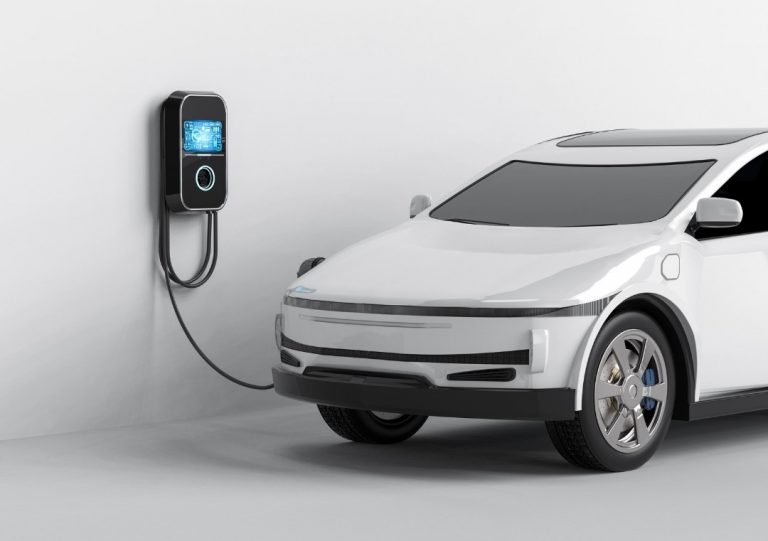If you own an electric vehicle or plan to buy one soon, installing a home EV charger makes sense. It’s more convenient than relying on public stations and can save you time and money. Here’s what you need to know before you get started.
Level 1 vs. Level 2 Charging
There are two main types of home chargers. A Level 1 charger plugs into a standard outlet but charges slowly—about 8 km of range per hour. It works if you drive short distances and have time to charge overnight.
A Level 2 charger needs a 240-volt outlet. It charges much faster—around 30 to 50 km of range per hour, depending on the vehicle and charger model. Most EV owners choose Level 2 for daily use.
Electrical Requirements
Before installing an EV charger, check your home’s electrical panel. A Level 2 charger usually needs a dedicated 40-amp circuit. If your panel is full or outdated, you may need an upgrade. An electrician can assess your setup and let you know what’s needed.
Permits and Inspection
Most municipalities require a permit for EV charger installation. This step helps confirm that the work meets safety codes. After the installation, an inspector may check the setup before it’s approved. Your electrician will usually handle this.
Costs
A basic Level 2 charger starts at around $600. Installation can range from $500 to $2,000, depending on your panel and wiring. If trenching or upgrades are involved, expect to pay more. Some provinces offer rebates to offset these costs. Check local programs before you buy.
Smart Chargers
Some EV chargers come with Wi-Fi and apps. These let you schedule charging, monitor energy use, and get alerts. You don’t need these features, but they can help you track costs and charge during off-peak hours.
Location
Install the charger where your car usually parks. The closer to your panel, the cheaper the install will be. If you’re parking outdoors, choose a weather-resistant charger and mount it on an exterior wall or post.
Who Should Do the Work
Always hire a licensed electrician. Home EV chargers involve high-voltage work and must meet code. Don’t cut corners here.
Final Thought
Installing an EV charger at home is a practical move. Take a close look at your electrical setup, budget, and daily needs. With the right plan, charging your car becomes simple and routine.


